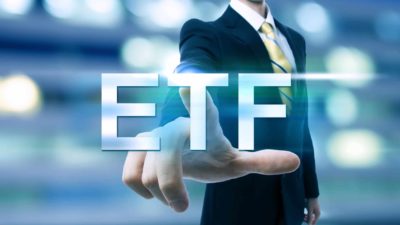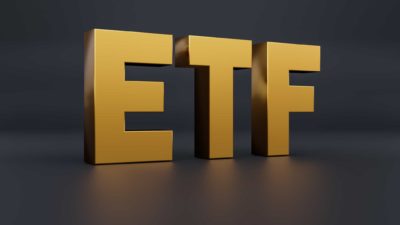The Betashares Global Cybersecurity ETF (ASX: HACK) is a leading exchange-traded fund (ETF) that gives us sector-specific exposure. In this article, I'm going to explore why it might be a strong investment to consider.
The HACK ETF aims to track the performance of leading companies in the global cybersecurity space. At the moment there are a total of 30 businesses within the portfolio.
Strong tailwinds
One of the main things about the cybersecurity sector that I'm attracted to is that it seems to have both defensive and growth characteristics.
There is a growing amount of transactions, communications and other connections done online. The government needs to protect the important information of its citizens. Banks need to protect the online banking activity of businesses and households. Retailers need to protect customers' details and bank card details.
I'd suggest businesses and governments need to continue to maintain good cybersecurity even in a recession.
With people spending more time online, there is more potential for cyber criminals to trick or hack people.
Australia is one of the more digitalised nations, so our cyber trends could be a useful indicator of what the world might see when it comes to cybercrime and hint at what growth the rest of the world may see in the coming years.
The latest Australian Cyber Security Centre (ACSC) report released in 2023 showed that the average cost per cybercrime report increased by 14%. The average small business cybercrime cost per report was $46,000. There were almost 94,000 cybercrime reports, which was an increase of 23% year over year.
The top three cybercrime types for individuals were identity fraud, online banking fraud and online shopping fraud. The top three cybercrime types for business were 'email compromise', 'business email compromise (BEC) fraud' and online banking fraud.
The HACK ETF businesses are the ones trying to limit the damage as much as possible.
Leading businesses
The idea of investing in the HACK ETF isn't about any particular business within the portfolio, but many of the businesses in the portfolio are large and recognisable companies that have compelling positions in the market.
Within the portfolio are businesses like Cisco Systems, Broadcom, Crowdstrike, Palo Alto Networks, Infosys, Darktrace, Thales, Gen Digital, Tenable and Leidos.
As a group, these companies provide compelling exposure to the cybersecurity sector. If any particular business manages to make significant gains, then the ETF can benefit if the share price of that business increases. Collectively, those companies have done very well for investors in terms of capital growth.
Great returns
First, let me remind you that past performance is not a reliable indicator of future returns for shares.
Having said that, the HACK ETF's return has been very good. As at 29 February 2024, the HACK ETF had returned an average of 17.9% per annum over the past three years, 18.1% per annum over the past five years and 18.6% per annum since inception in August 2016.
Foolish takeaway
It's not as cheap as it was 12 months ago, but I think it still has a promising long-term future because of the tailwinds of cybercrime. Hopefully the good guys can stay ahead of the bad buys, while earning bigger profits.









